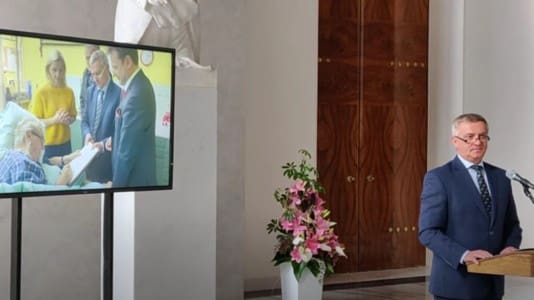Hungarian-born biochemist Katalin Karikó was awarded the prestigious Princess of Asturias Award for her work in developing the mRNA vaccine procedure, currently used in cutting-edge vaccines, news portal Mandiner reports.
Karikó (66), born in the central Hungarian town of Szolnok in 1955, studied biology at the Szeged University and received her PhD in biochemistry there in 1983. After being fired from the Szeged Biological Research Center in southern Hungary in 1985, she left for the United States, where she became a professor at the University of Pennsylvania Medical School.
In 2012, Karikó and Drew Weissman, an immunologist at the same university, received a patent for the use of several modified nucleosides to reduce the antiviral immune response to mRNA.
The Princess of Asturias Awards, (formerly the Prince of Asturias Awards from 1981 to 2014), are a series of annual prizes awarded in Spain by the Princess of Asturias Foundation to individuals, entities or organizations from around the world who make notable achievements in the sciences, humanities, and public affairs.
“I will never forget the reception we received at our arrival to Oviedo, the cheering residents, the bagpipe band… I couldn’t hold back my tears,” Karikó tweeted.
Last month, Karikó was also awarded the Breathrough Prize in life sciences jointly with her fellow scientist, Drew Weissmann. The Breakthrough Prize, established by tech billionaires (including Google co-founder Sergey Brin and Facebook co-founder Mark Zuckerberg) in 2012, recognizes scientific achievements in the three fields: life sciences, math and physics.





